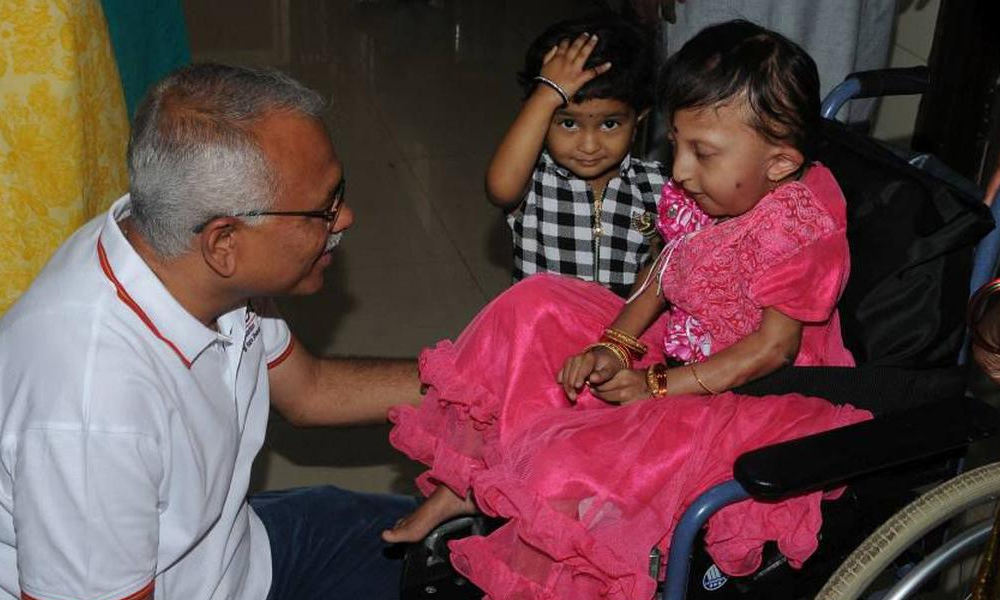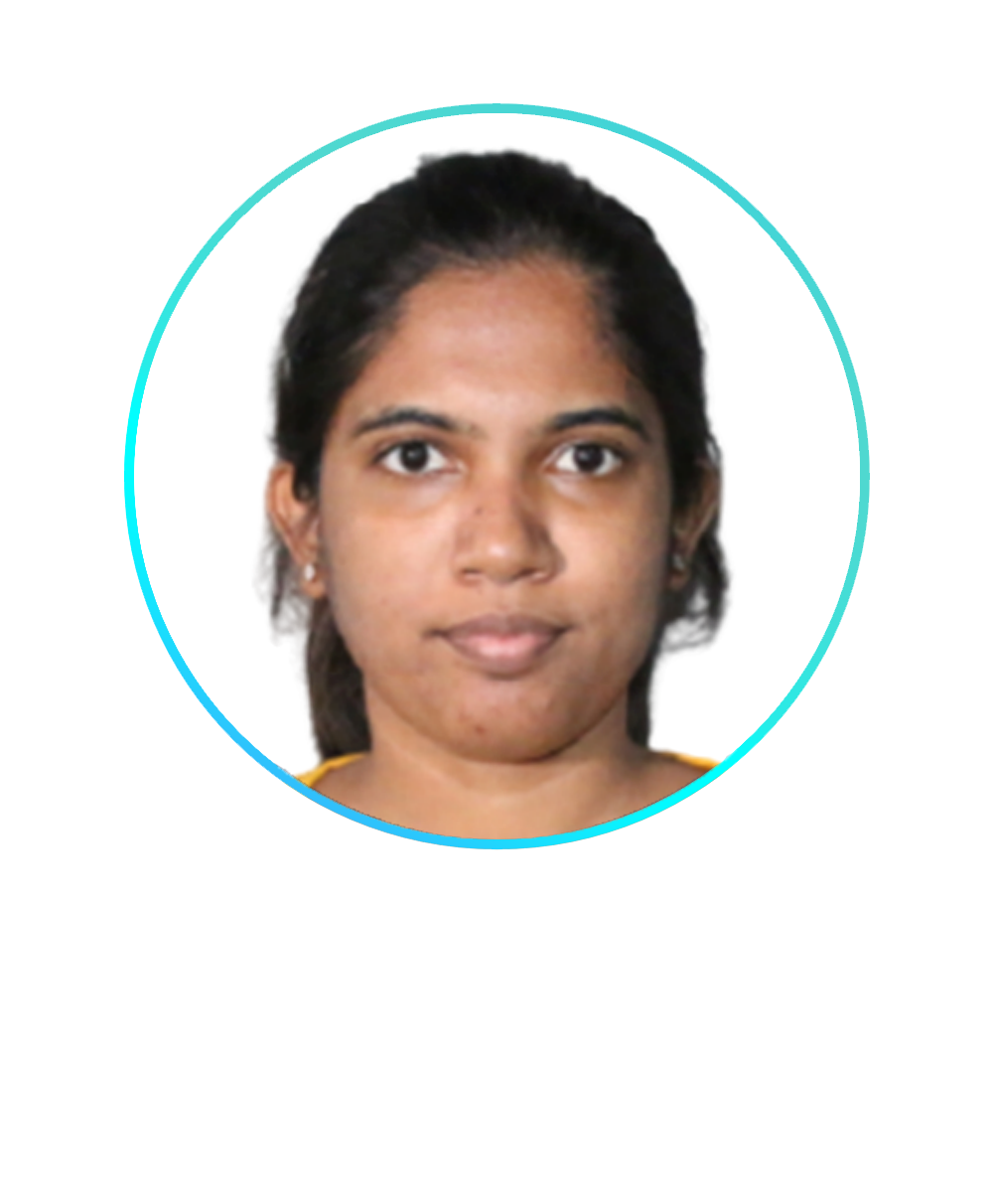
Image Credit: Jatinverma
Opinion: India Needs Policy To Ensure Funding, Patient-Friendly Diagnosis To Curb 'Rare Diseases'
India, 8 March 2021 12:10 PM GMT
Creatives : Rakshitha R
Rakshitha an engineer turned passionate journalist with an inclination for poetry, creative writing, movies, fiction, mountains and seclusion. Not a part of the social process but existential.
Rare diseases are called so because they occur in only a small portion of a country’s population. While we do not have a final count of the number of people with rare diseases in India, government estimates suggest that as many as seven crores (70 million) to 9.6 crores (96 million) are rare individuals.
The parents of a 5-month-old baby girl from Mumbai managed to crowdsource ₹16 crores for specialised therapy last month. This made national headlines. The baby has Spinal Muscular Atrophy- one of the 8,000 rare diseases documented in humans. The disease is chronic and can ravage her tiny body by weakening her muscles to the point where swallowing and breathing become difficult.
The therapy for which her parents raised funds costs a whopping ₹22 crores (USD 2.1 million). While she will not be cured, it is lifesaving- which means she will be able to grow reasonably healthy if all goes well. And here's why you should pay attention.
Rare diseases are called so because they occur in only a small portion of a country's population. While we do not have a final count of the number of people with rare diseases in India, government estimates suggest that as many as seven crores (70 million) to 9.6 crores (96 million) are rare individuals. India's population is over 130 crores (1.3 billion) and there are bound to be more people who are still undiagnosed.
Rare diseases are thus hardly rare in reality.
How do you think India is faring on three important fronts- awareness, diagnosis, and treatment? To seek proper medical treatment, families must first recognise that a rare disease can hit a person at any age, without prior symptoms.
Rare diseases are mostly genetic, which means that they are passed from parents to children. The parents may or may not exhibit disease symptoms, or other family members may not be patients either. Yet the child or adult can, in fact, be the first patient in the family. With no family history, rare disease diagnosis is thus challenging. Most families only get to know about a rare disease when their loved one is diagnosed correctly. And here's another catch.
Genetics are hardly taught in India's undergraduate medical curriculum, and practising doctors have already highlighted why this is a problem (read here). Future doctors may see a patient and not be able to recognise symptoms as that of a rare disease. This increases the chances of misdiagnosis.
It can thus take years for families to reach the right doctors. When the diagnosis is correct, the illness can also turn out to be complex. In other words, multiple organs may be impacted. This needs the involvement of other specialist doctors and well-functioning big hospitals. But specialist doctors are mostly available in cities and not rural areas. So a rural family is likely to travel to the city for diagnosis and stay there till that is done, which is in itself a costly affair.
Rare diseases are incurable, but treatments exist for some illnesses. These are, however, expensive and unaffordable for the majority of Indians. This is why families have resorted to filing court cases for government funding, after which courts have asked the government to foot the bill. They are also crowdfunding privately, as the baby's parents did. Recently, another couple set out on the tough path of securing crores of Rupees for the treatment of their son.
Most rare diseases though do not have targeted treatment options, they can at best be managed through supplementary medicines and other care options such as physiotherapy. These become important in slowing down disease progression (and ultimately help delay severe disability). Money to fund these also comes out of the rare individual's pockets.
This begs the question- is there a nation-wide government policy on rare diseases? A policy can mandate a patient-friendly diagnostic system, ensure public awareness campaigns, and take care of funding for treatment.
No, there isn't such a policy.
But the Government of India is likely to finalise a policy this year. This holds out much-needed hope.
Avantika Shrivastava is the host of 1 in 20,000, which is India's first podcast on the rare disease community.
Also Read: Rajasthan: Sub-Inspector Rapes 26-Yr-Old Woman For Three Days In Police Station, Arrested
 All section
All section













